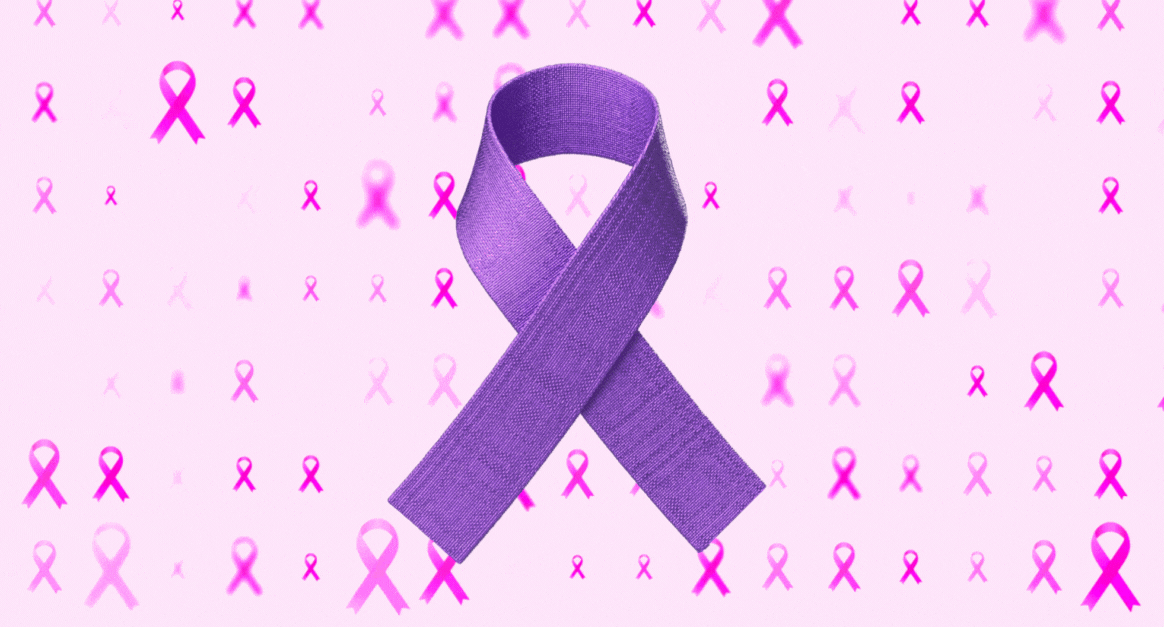Writing about devastating topics feels vital when searching for some light
Difficult but essential conversations
This post was originally published with the header ‘Domestic violence, breaking taboos, and writing things no one wants to write’. I changed it on realising that the title needs to better reflect the purpose of the article. A good example of learning as I go.
This isn’t the post I was planning to write today (October’s Author Notes will be with you next…




